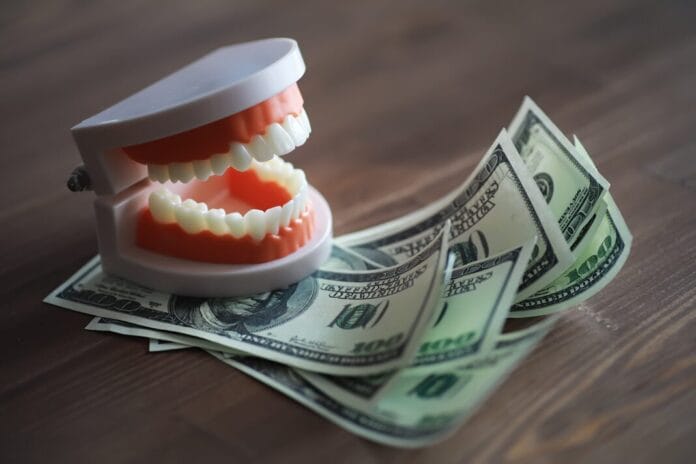Walk into almost any industry – housing, construction, finance, food and beverage, or sales, for example – and you’ll find a bonus structure in place. The logic is simple: reward performance, and you’ll get more of it. Even in healthcare, and yes, even in dentistry, incentives are often tied to outcomes that bring in revenue.
But here’s the question no one seems to ask: Should they be?
After more than a decade in clinical dentistry, working in both corporate and privately owned offices, I’ve seen bonus structures for dental hygienists firsthand. The base pay stayed the same regardless of production, but the bonus – the variable carrot – depended on how much was produced that day. The more revenue generated, the higher the bonus.
And that’s where the ethical unease begins. Does this model influence treatment recommendations? Could it nudge someone toward suggesting a crown instead of a filling, or classifying hygiene treatment as nonsurgical periodontal therapy rather than gingivitis therapy? We are trained to assess data objectively and make clinical decisions based on patient need – not the promise of a bigger paycheck. Still, human nature being what it is, can we honestly say financial incentives never affect our judgment?
One lesson from hygiene school has always stuck with me: “The dentistry is out there.” If you follow proper diagnostic protocols, you’ll find legitimate treatment needs and be a successful provider. Which begs the question: if the need is already there, why have bonus structures at all?
We know the statistics. Dental caries remains the most chronic disease among both children and adults.1 About 42% of U.S. adults over 30 have some form of periodontal disease, and among those over 65, the rate climbs to roughly 60%.2
Beyond Production
Not all bonus systems, however, are designed to pressure providers into producing more. In fact, bonus structures can exist for many reasons beyond increasing production. A sign-on bonus can attract high-quality professionals to join the team. Retention bonuses help keep experienced, qualified staff in place – an important consideration in today’s competitive job market.
Performance-based bonuses, whether individual or team-oriented, can motivate professionals to meet or exceed standards. Goal-based bonuses reward the achievement of specific, measurable objectives, while referral bonuses encourage team members to help bring new patients into the practice. In some cases, they are meant to reward accuracy – compensating clinicians for diagnosing properly and following through with patient care. In this light, bonuses can be reframed not as a sales tactic but as a reminder to uphold the highest diagnostic standards, ensuring that the resolution truly benefits the patient.
The truth is, our industry doesn’t need manufactured incentives to create demand. It’s entirely reasonable to have bonuses in place to attract and retain talented professionals, or even to encourage an unwavering focus on treating patients with the highest regard for their needs. Across the nation, healthcare systems are already stretched thin. People are living longer, and medical advancements have expanded access to life-prolonging treatments, resulting in more frequent visits and ongoing care for millions. In dentistry, the need for quality care is already firmly established.
In Closing
Our success should never hinge on the lure of a bonus check, but rather on the commitment to accurate diagnosis and the dedication to see that care plan through. It must be anchored in ethical decision-making and the steadfast promise that when a patient sits in our chair, their needs – not our numbers – come first.
In the end, bonus structures may have their place, but they should never be the compass that guides our work. In dentistry, integrity must always outweigh incentives – because our patients deserve nothing less.
Before you leave, check out the Today’s RDH self-study CE courses. All courses are peer-reviewed and non-sponsored to focus solely on high-quality education. Click here now.
Listen to the Today’s RDH Dental Hygiene Podcast Below:
References
- Dental Caries (Tooth Decay). (2022, November). NIH: National Institute of Dental and Craniofacial Research. https://www.nidcr.nih.gov/research/data-statistics/dental-caries
- Gum Disease: By the Numbers. (2024, July 2). NIH MedlinePlus Magazine. https://magazine.medlineplus.gov/article/gum-disease-by-the-numbers












